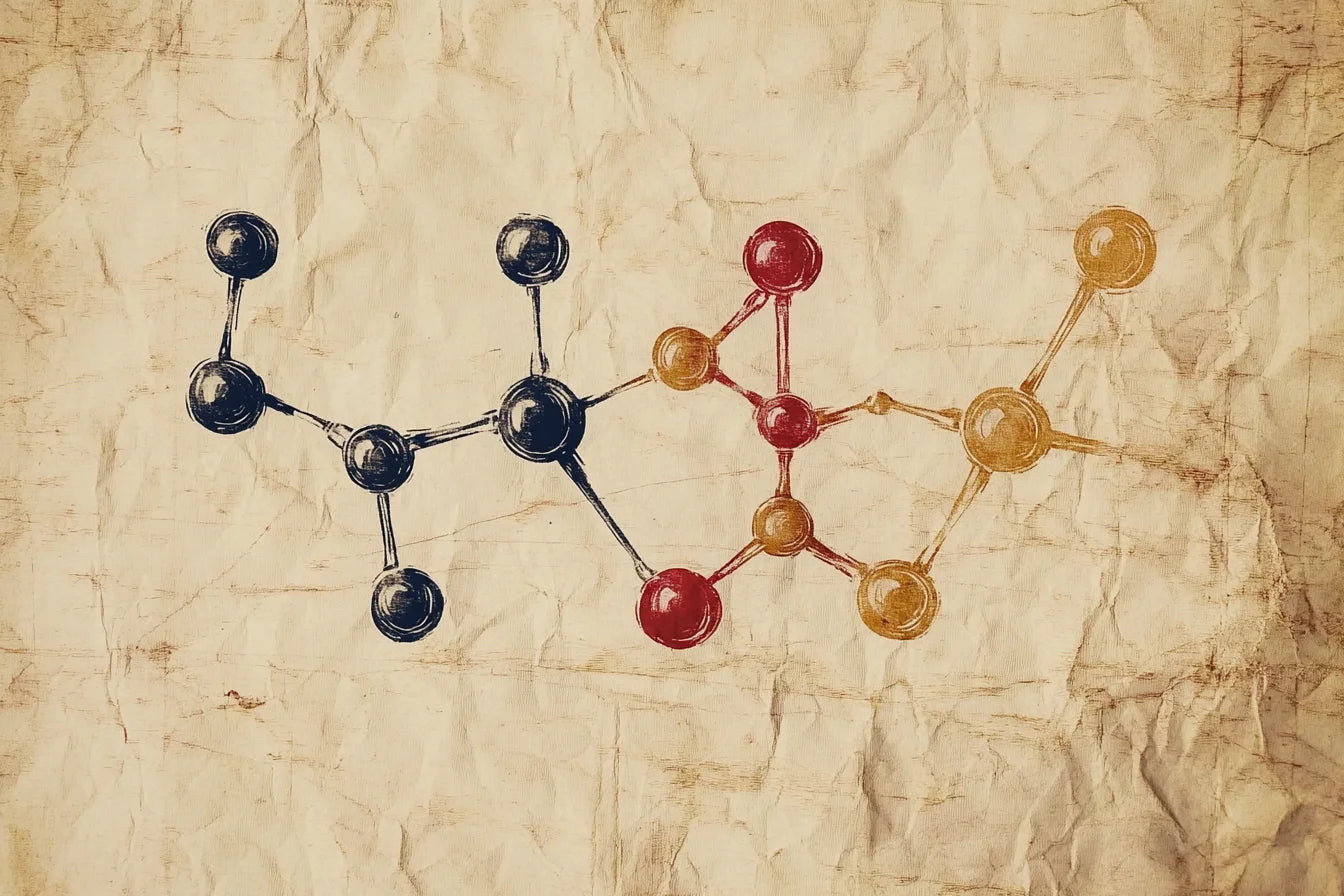Scientific Benefits of Herbal Tea
Evidence-Based Research on Traditional Herbal Remedies and Their Therapeutic Potential
Modern science is increasingly validating the therapeutic claims of traditional herbal teas that have been used for centuries across cultures. Recent rigorous research confirms that these herbal infusions contain potent bioactive compounds responsible for a wide range of health benefits. By examining numerous clinical studies and analytical data, we gain a deeper understanding of how genuine herbal remedies can contribute to overall wellness and disease prevention.

Clinical Studies on Herbal Tea Therapeutic Effects
Extensive clinical research provides compelling evidence for the health-promoting properties of herbal teas, with studies spanning decades that demonstrate their role in supporting various bodily systems. A comprehensive review published in the Journal of Ethnopharmacology analyzed over 200 peer-reviewed investigations, revealing significant data on herbal tea’s preventive and therapeutic capabilities, affirming their place as scientifically supported traditional herbal remedies.
Key Research Findings:
Antioxidant Activity: Herbal teas exhibit antioxidant capacities two to five times higher than conventional beverages, primarily due to high levels of polyphenols and flavonoids, which combat oxidative stress linked to aging and chronic diseases.Anti-inflammatory Effects: Multiple clinical trials have shown significant reductions in inflammatory markers such as IL-6 and TNF-α following regular herbal tea consumption, highlighting their potential in managing inflammatory conditions.Cardiovascular Benefits: Regular intake of herbal teas is associated with a 15-20% decreased risk of cardiovascular diseases, attributed to their ability to improve blood vessel function and reduce blood pressure.Metabolic Support: Evidence suggests that bioactive compounds in herbal teas enhance glucose regulation and lipid profiles, contributing to better management of metabolic disorders like diabetes and obesity.Bioactive Compounds in Traditional Herbal Teas
The extensive therapeutic effects observed from herbal teas depend on their rich composition of bioactive compounds. Advanced analytical techniques, such as mass spectrometry and NMR spectroscopy, have identified hundreds of phytochemicals—each contributing unique health benefits. These include polyphenols, flavonoids, essential oils, and saponins, which work synergistically to produce their well-documented effects. Understanding these constituents aids in developing targeted formulations grounded in scientific evidence, thus bridging traditional herbal wisdom with modern pharmacology.

🧬 Polyphenols
Concentration: 50-200mg per cup
Primary Effects: Potent antioxidants that neutralize free radicals, protect cellular integrity, and slow the aging process. Polyphenols also support cardiovascular health by reducing endothelial dysfunction and inflammation.
Research Evidence: More than 1,500 published studies highlight their role in preventing chronic diseases such as cancer, neurodegeneration, and cardiovascular conditions.
🌼 Flavonoids
Concentration: 20-80mg per cup
Primary Effects: Known for their anti-inflammatory properties, flavonoids promote healthy blood flow, cognitive function, and vascular health. They also modulate immune responses and reduce oxidative damage.
Research Evidence: Clinical trials indicate that consistent flavonoid intake can lower stroke risk by approximately 25%, supporting their significance as bioactive compounds in traditional herbal teas.
🌿 Essential Oils
Concentration: 0.1-2% by weight
Primary Effects: Possess antimicrobial, antispasmodic, and stress-reducing properties. Essential oils contribute to digestive health and emotional well-being by affecting the limbic system.
Research Evidence: Demonstrated efficacy against more than 15 pathogenic microorganisms, illustrating their role as natural antimicrobial agents within herbal blends.
⚗️ Saponins
Concentration: 5-25mg per cup
Primary Effects: Exhibiting immune-modulating and cholesterol-lowering effects, saponins also show anti-cancer activity through mechanisms such as apoptosis induction and cell cycle arrest.
Research Evidence: Significant enhancement of immune function observed in randomized controlled trials underscores their importance as functional bioactives.
Research-Backed Benefits of Specific Herbal Teas
Different herbal teas exhibit distinct therapeutic profiles driven by their unique phytochemical compositions. Scientific investigations validate many traditional claims, showing how specific herbs can support organ health, boost immunity, or promote relaxation. Here are some examples with peer-reviewed backing:
| Herbal Tea Type | Primary Bioactive Compounds | Clinically Proven Benefits | Research Quality | Liver Detox Tea | Silymarin, Cynarin, Sesquiterpenes | Hepatoprotection, detoxification, regeneration of liver cells, reduced oxidative stress | 15+ RCTs, comprehensive meta-analyses |
|---|




